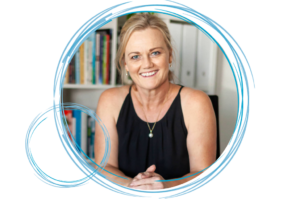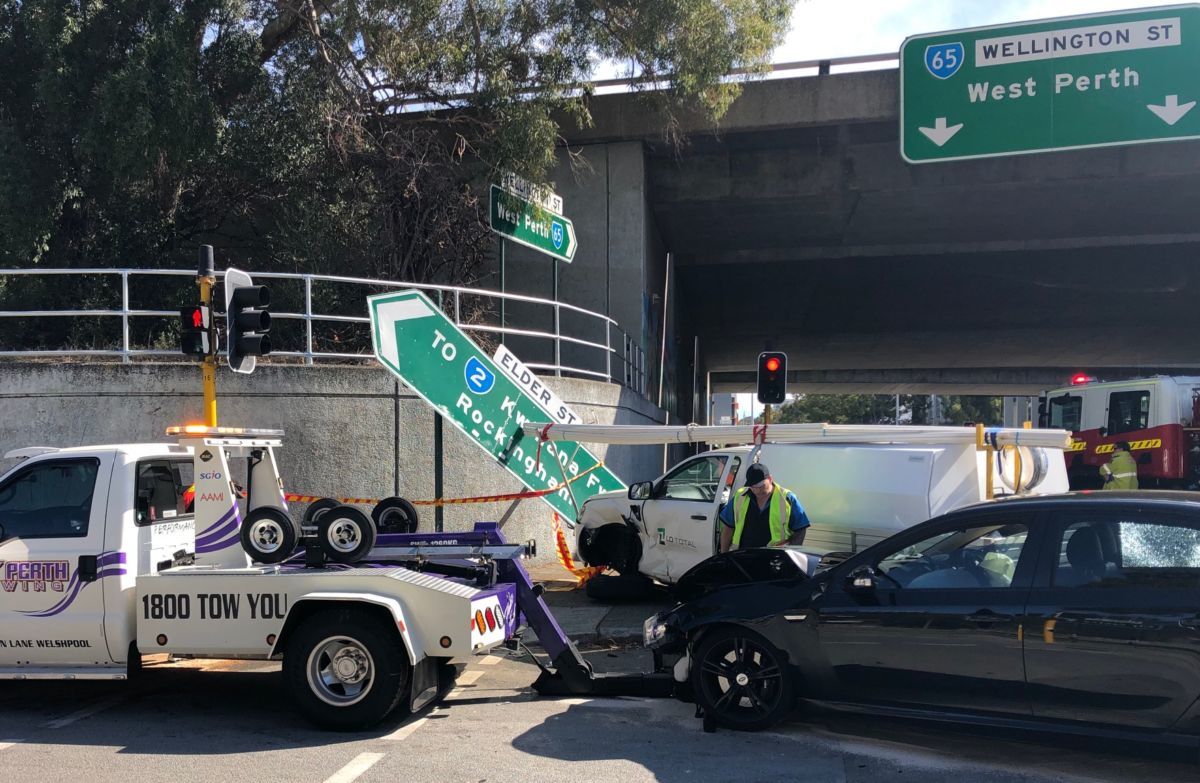
For so many years, the young people I coach in my private practice are doing their utmost to become more aware of themselves. I love this. Teenagers turning inward, noticing themselves as if they’re looking in a mirror and being brave enough to see what they see. This is definitely a skill that can set us up for a life well lived.
I take my hat off to these mighty fine adolescents because we know, being reflective isn’t always the easiest road to travel. With their brains undergoing extensive front lobe rewiring and hormones swirling, they’re doing their best to belong, be accepted and be themselves… the ultimate trifecta!
With this in mind, teenagers who may have a tendency to drop into drama land and get bogged down in thoughts, conversations and communication which are problem-based, need tools to switch it up. There’s no time like the present.
Whilst we all fall in to the problem pit from time to time (we’re human after all), we are also highly aware of how we feel when we stick like glue to ‘problem pushing’. It’s heavy on our attitude, exhausting on our energy levels and it can cause a bit of messiness in our relationships too.
PROBLEM PUSHING mindset (PP) – we all do it from time to time, but we’re also well aware that we feel less than our best when we do.
PP can show up many ways –
~ Critical thinking (which creates stress on the brain)
~ We focus on what’s not working well
~ We become fixated with all that is wrong with me, them, it or the situation?
~ Digging deep for issues and errors becomes our go-to
~ Looking for pitfalls and jumping into them
~ Blaming one’s self or others and down the rabbit hole we go
~ Always asking Why, why, why?? and being unsatisfied with the answer
~ Feeling helpless and stuck, and we know that’s not a great feeling
~ Talking about failures and flops, over and over
~ Staying stuck in situational stress, worry, doubt, because we’re unsure how to switch it
~ Ruminating about situations that are in the past
~ Repeatedly sharing stories and news of problems with friends and family
A SOLUTION-CENTRED (SC) mindset helps teenagers feel like they have a way forward. It lighter and power-packed.
Subtle ways to make the shift –
~ Asking good quality above-the-line questions can pave the way to change in a flicker.
~ Compassionate thinking (which takes pressure off the brain)
~ Wondering what needs to change and if it’s possible
~ What do we need to improve? What’s do-able? Forward thinking takes us closer to solution
~ What can I / we control? Being real and not trying to save the world
~ Is there something I can do differently? That’s the gold.
~ Thinking more curiously, looking for opportunity and being willing to look outside the box
~ Asking – How can I make a difference? Because everyone can make a difference
~ Talking about possibilities which can lead to build success
~ Daydreaming and visualising about what could go right. The alternative is anxiety triggering
~ Directing conversation to good news and acts of kindness
~ Maintaining perspective
TAKE ACTION – This is the crucial part that cannot be missed or overlooked. It’s DOING THE WORK that will bring us closer to solution change. This is the cherry on the top of a good quality above-the-line thinking.
Now, it’s about encouraging teenagers to change it up. Pour all their thoughts and energy in solution-centred thinking and solution-centred action.
~ Make the call
~ Write the letter
~ Turn up
~ Be on time
~ Ask the question
~ Keep showing up
~ Be vulnerable
~ Take a risk
~ Have the difficult conversation
And as you may have heard me say before, it’s the skills teenager’s practice on a daily basis that will get stronger and help to build reliable mindset habits.
Practise making the call v’s practise not making the call.
The action which is most consistent will become the go-to habit, training young renovating teen brains to rely on their ever-growing solution-centred mindset.
As parents, we too can pay attention to our own thoughts and our ‘out loud’ language; Our habits can set the tone for our teenager’s habits.
Ahhh, the pressure, the responsibility. I know right, the role we have as parents never really disappears, it just shifts and changes depending on the age and stage of our amazing children.
But this intentional modeling of our own solution-centered mindset will pay off, it will! I can’t promise you, because little in life comes with 100% guarantee, but I can assure you that each and every time you pay attention and choose solution over problem, your teenager will see, hear and feel that, and hopefully choose to follow you – speaking the same way too.
This idea is shared with teens in Claire’s book ROC and RISE. Endorsed by Maggie Dent and loved by teenagers and their families worldwide.
Related Posts





